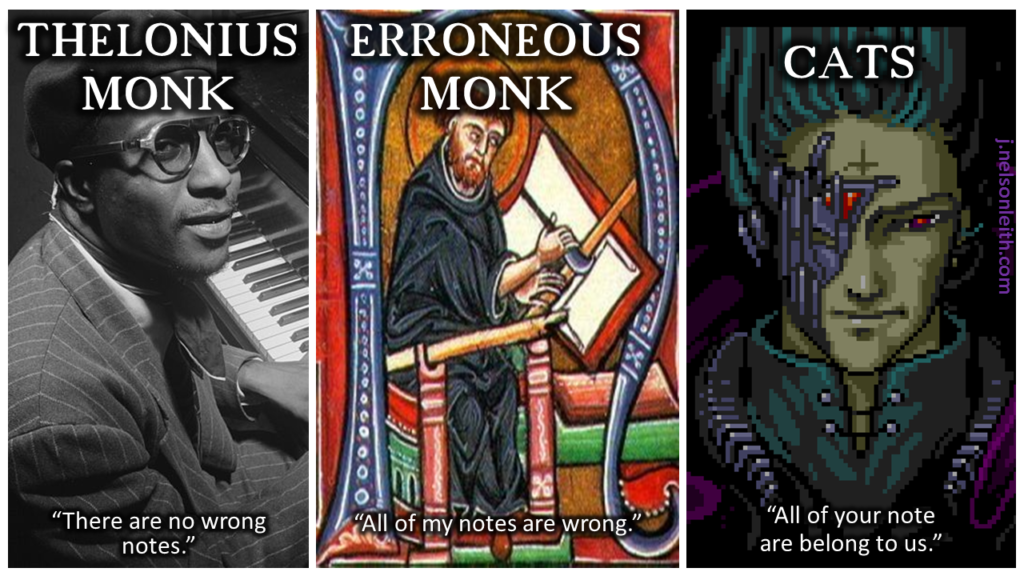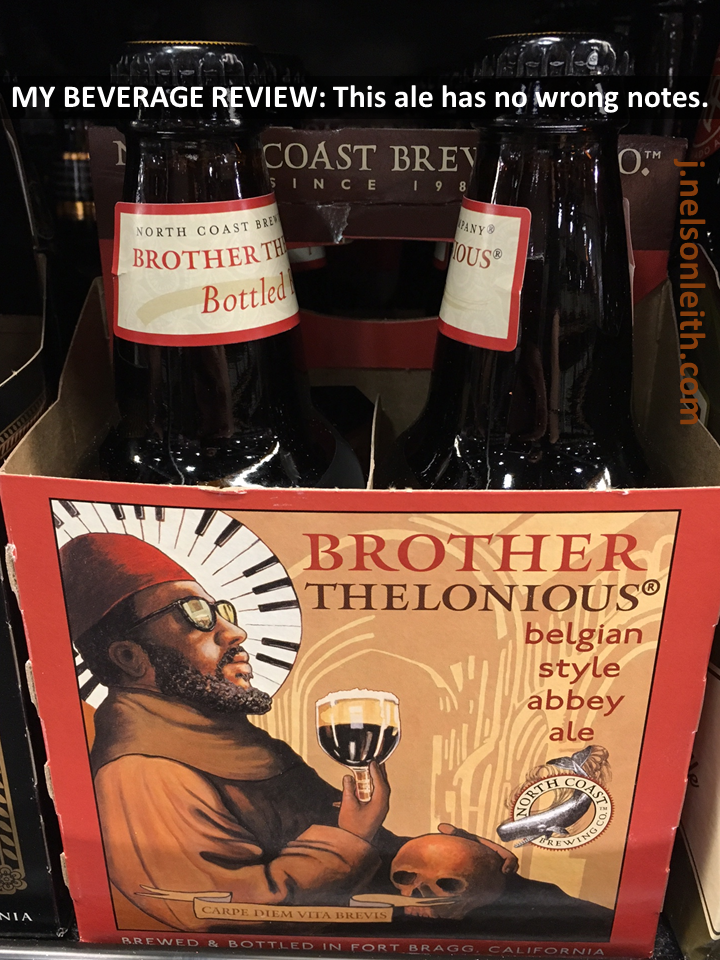Blog Archives
 This particular video took a while because I wanted the imagery to be just right, so that it wasn’t just a string of lyrics. I’ve done those before, but I felt this song deserved more. The minimalist and monochrome animation I hope captures the mood of the song.
This particular video took a while because I wanted the imagery to be just right, so that it wasn’t just a string of lyrics. I’ve done those before, but I felt this song deserved more. The minimalist and monochrome animation I hope captures the mood of the song.
Below is Breakdown, an indie rock song I wrote about 10 years ago.
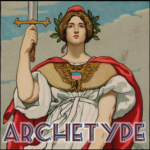
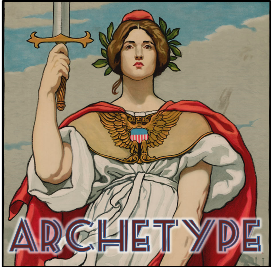 We know that behaviorally modern humans (i.e., we) appeared in Africa 50 thousand years ago and spread throughout the world. But, we did not live long enough for grandparents to be part of the picture until about 30 thousand years ago.
We know that behaviorally modern humans (i.e., we) appeared in Africa 50 thousand years ago and spread throughout the world. But, we did not live long enough for grandparents to be part of the picture until about 30 thousand years ago.
The unique multi-generational social environment spawned by the presence of grandparents is thought to have created remarkable opportunities for human beings, allowing cultural knowledge to survive longer in the brains of individuals to be spread to more new humans.
This event in human evolutionary history has been used to explain why women survive beyond menopause, beyond when they can pass their genes on to new offspring, the very compelling Grandmother Hypothesis. Of course, although men do not experience a similar loss of fertility, grandfathers can be put to many of the same extended parenthood purposes after they are no longer fit for their classic evolutionary roles as hunters and warriors.
This development brought great benefits, but it also must have posed problems, complicating the simple, dichotomous relationship between children and parents that had existed (as far as my limited knowledge extends) among all creatures throughout the history of life.
I believe this generational tension is the source of a common four-character scheme in story-telling I’ve been exploring in my Writing Archetypes series. It started with ancient myth and continues onto the modern page and screen.
It’s a cultural solution to a unique evolutionary situation, the multi-generational community. Each archetype can be seen to represent a different generation: the Companion, the Hero, the Rough, and the Guru. You might say, “But, John! That’s four generations and grandparents only result in three generations.”
Therein lies the tricky part.
 In case you haven’t figured it out, I’m binge-watching Gilligan’s Island. Not only is it a highly influential classic of screwball comedy—despite unfortunate moments of cultural ignorance, due to the era—but it also has some of the most memorable incidental music in television. The main theme is an infamous earworm. I’ll show you: Just sit right back…
In case you haven’t figured it out, I’m binge-watching Gilligan’s Island. Not only is it a highly influential classic of screwball comedy—despite unfortunate moments of cultural ignorance, due to the era—but it also has some of the most memorable incidental music in television. The main theme is an infamous earworm. I’ll show you: Just sit right back…
(Scooby Doo is also on that incidental music master list. I still hear the fade-ins from these shows in my head when I walk into a room. Read into that what you will.)
I pitched a gender-swapped reboot of the show a few weeks ago. I still think this would be a killer program, but I recently had a second idea.
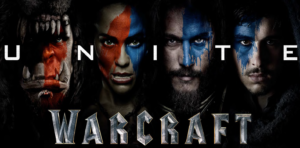 I watched Warcraft this past weekend. Throughout the first half of the film, I was confused. The story wasn’t boring, but it was somehow unsatisfying. The characters were well-defined, but were not engaging. The dialogue wasn’t bad, but it kept falling flat.
I watched Warcraft this past weekend. Throughout the first half of the film, I was confused. The story wasn’t boring, but it was somehow unsatisfying. The characters were well-defined, but were not engaging. The dialogue wasn’t bad, but it kept falling flat.
What the hell was going on?
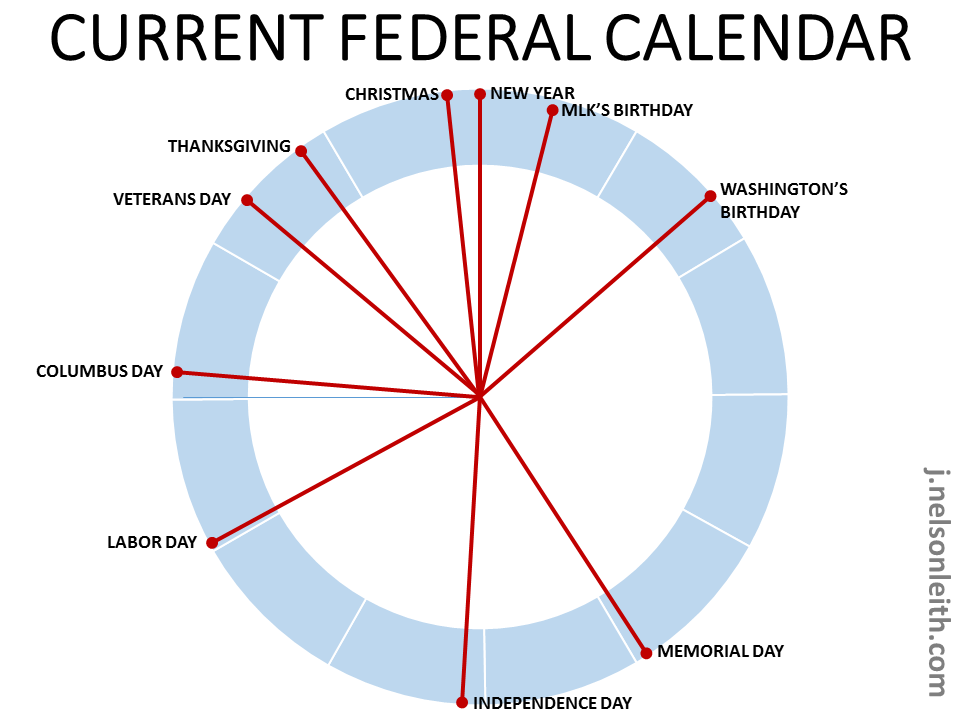 The current United States Federal calendar is a hodge-podge of circumstantial decisions with no strategic plan organizing the whole. What we end up with is a poorly organized mess, with a holiday-heavy late year and two depressing “holiday holes” in spring and late summer. One half of the year contains 80 percent of the Federal holidays!
The current United States Federal calendar is a hodge-podge of circumstantial decisions with no strategic plan organizing the whole. What we end up with is a poorly organized mess, with a holiday-heavy late year and two depressing “holiday holes” in spring and late summer. One half of the year contains 80 percent of the Federal holidays!
There’s no reason we should accept this clumsy system.

Perfect my theories, and then I’m going to run to the Wild.
 You spell “trust” using only four letters: T, R, U, and S.
You spell “trust” using only four letters: T, R, U, and S.
Is it a five-letter word or a four-letter word?
To “count on” something means to trust it, but if you “count on your fingers” to five, you only use four fingers. The five has to be counted using a thumb.
So, you can’t even count on the phrase “count on your fingers” to tell the whole story.



